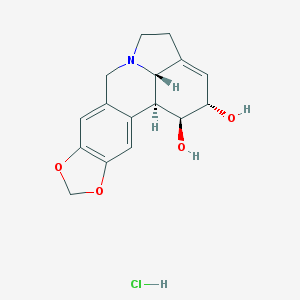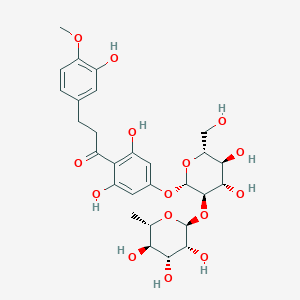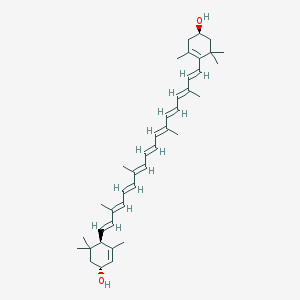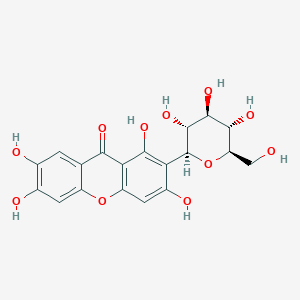Description
Lycorine is an alkaloid found in plants of the Amaryllidaceae family that has antifungal, antiparasitic, and anticancer properties. Lycorine inhibits protein synthesis by preventing amino acid incorporation into proteins, possibly by inhibiting peptidyltransferases. Lycorine inhibits the growth of many fungi, including Fusarium.
Lycorine Hydrochloride is an alkaloid extracted primarily from the Amaryllidaceae plant family, known for its various therapeutic properties. Here are the main benefits and applications of Lycorine Hydrochloride:
- Antiviral Properties: Lycorine Hydrochloride has shown effectiveness against a range of viruses, including coronavirus, influenza, and hepatitis C. It inhibits viral replication, making it a potential candidate for antiviral therapy.
- Anticancer Effects: Research indicates that Lycorine Hydrochloride can inhibit the growth of various cancer cells. It works by inducing apoptosis (programmed cell death) and inhibiting cell proliferation, making it a potential agent in cancer treatment.
- Antimalarial Activity: Lycorine demonstrates significant antimalarial effects, particularly against drug-resistant strains of malaria. This makes it a valuable compound in the development of new antimalarial drugs.
- Neuroprotective Effects: Studies suggest that Lycorine Hydrochloride may have neuroprotective properties, potentially beneficial in treating neurodegenerative diseases like Alzheimer’s and Parkinson’s disease.
- Anti-inflammatory and Analgesic Properties: Lycorine has been shown to have anti-inflammatory and analgesic effects, which can be beneficial in treating conditions like arthritis and other inflammatory diseases.
- Applications in Horticulture: Besides its medicinal uses, Lycorine Hydrochloride is also used in horticulture to induce flowering in certain plant species.





